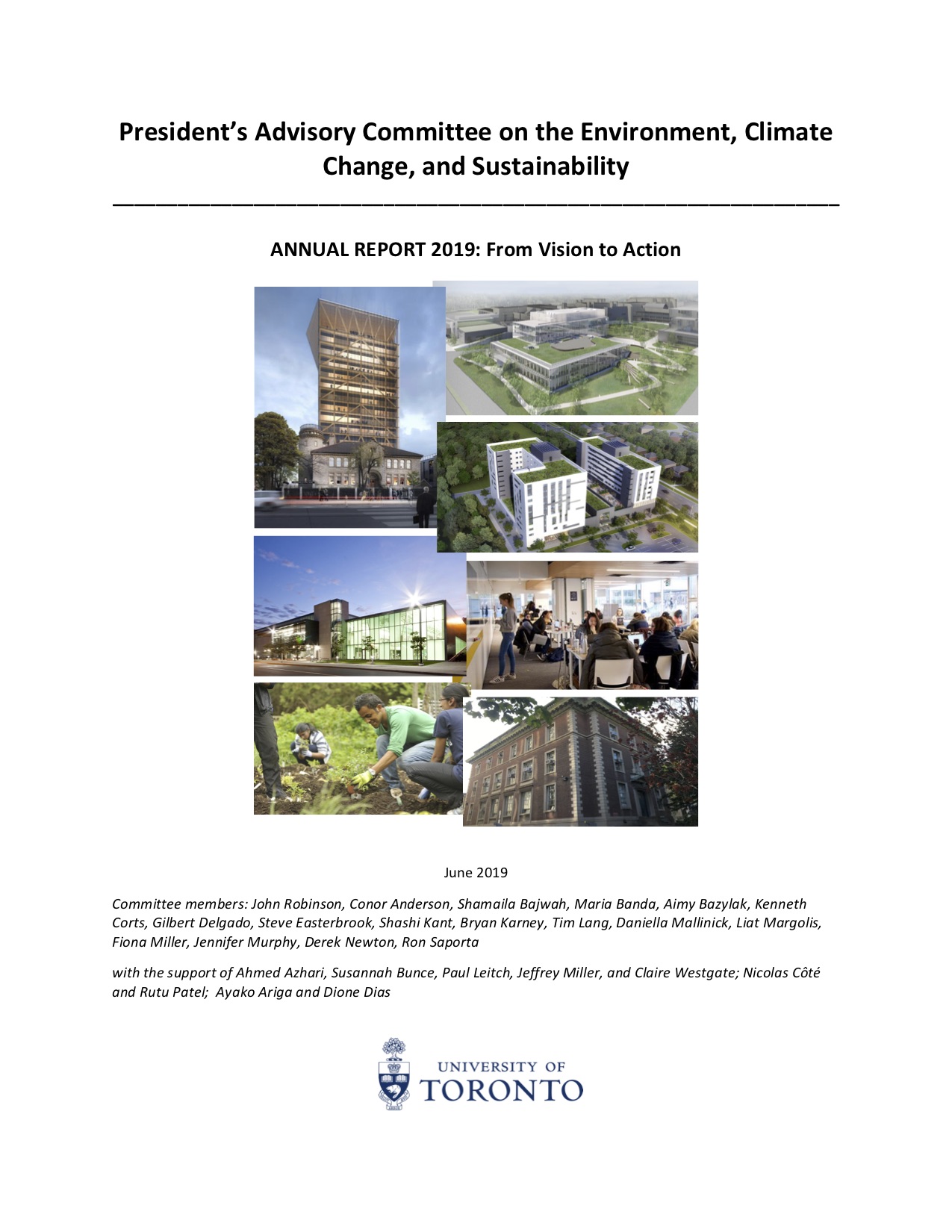For years, the University of Toronto’s Elizabeth Edwards and her team have been developing a potent mix of microbes that can chow down on toxic chemicals. Now, they are preparing to let them loose in the wild for the first time.
The bacterial cultures are designed to treat a set of contaminants known as BTEX – benzene, toluene, ethylbenzene and xylene. BTEX chemicals are commonly found in soil and groundwater where crude oil and its products have been used, such as old gas stations and oil refineries. In Canada alone, such sites number in the thousands.
Read the full story.

